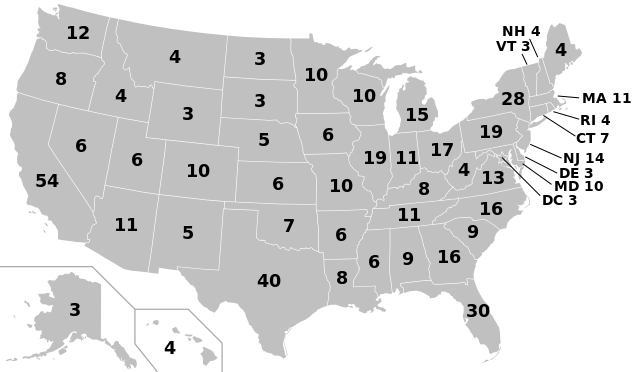
We, the people, acting through our state legislature, have the duty, authority, and power to determine the President of the United States.
Our General Assembly failed to protect this action for us in 2017. Our state laws are written such that the Governor and Secretary of State have the unchecked power to appoint Presidential Electors.
Abdication is not a form of direction.
Article 2, Section 1, Clause 2 establishes the power to direct the appointment of Presidential Electors with the legislatures of the various states. McPherson v. Blacker (1892) determined this power to be plenary.
With the adoption of IC 3-10-4-6.5 during the 2017 session, the Indiana General Assembly abdicated the power to the State Executive branch.
With IC 3-10-4-6.5, the State Executive branch has the power to conduct an election of Presidential Electors, count the vote, report the results, and finalize the appointment with no effective check by the General Assembly.
The Electoral Count Act, the federal law governing the Electoral College, recognizes the signature of the State Executive on the Certificate of Ascertainment as being the conclusion of the appointment of Presidential Electors. The January 6, 2021, Electoral College failed to recognize the power and authority of Pennsylvania’s General Assembly and ignored a December 4, 2020, letter from 76 members directing the exclusion of Pennsylvania’s Presidential Electors from Electoral College proceedings.
The Judicial Branch has failed to recognize the power and authority of the Legislative Branch of the various states since the election of 2000, which was the last time the Judicial Branch recognized the McPherson opinion and state legislature as the body to settle any disputes concerning the appointment of Presidential Electors.
